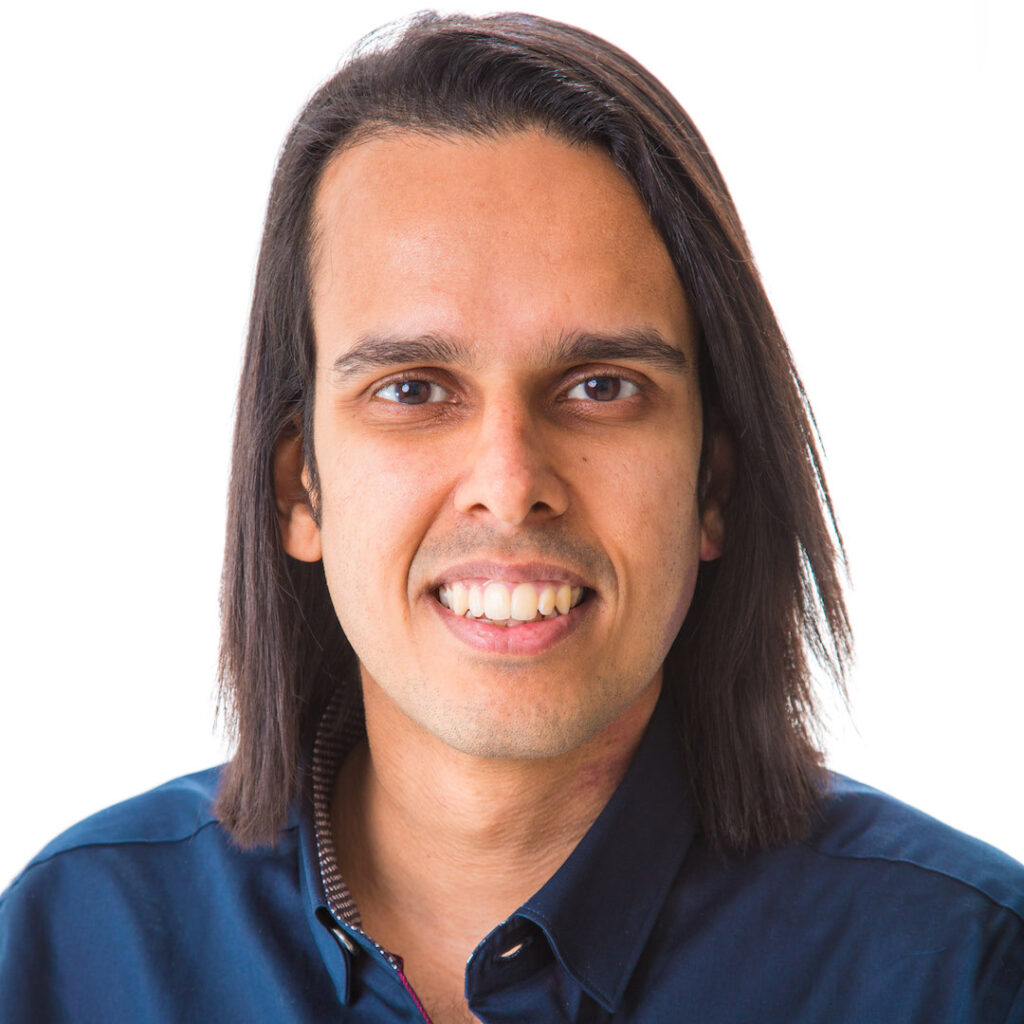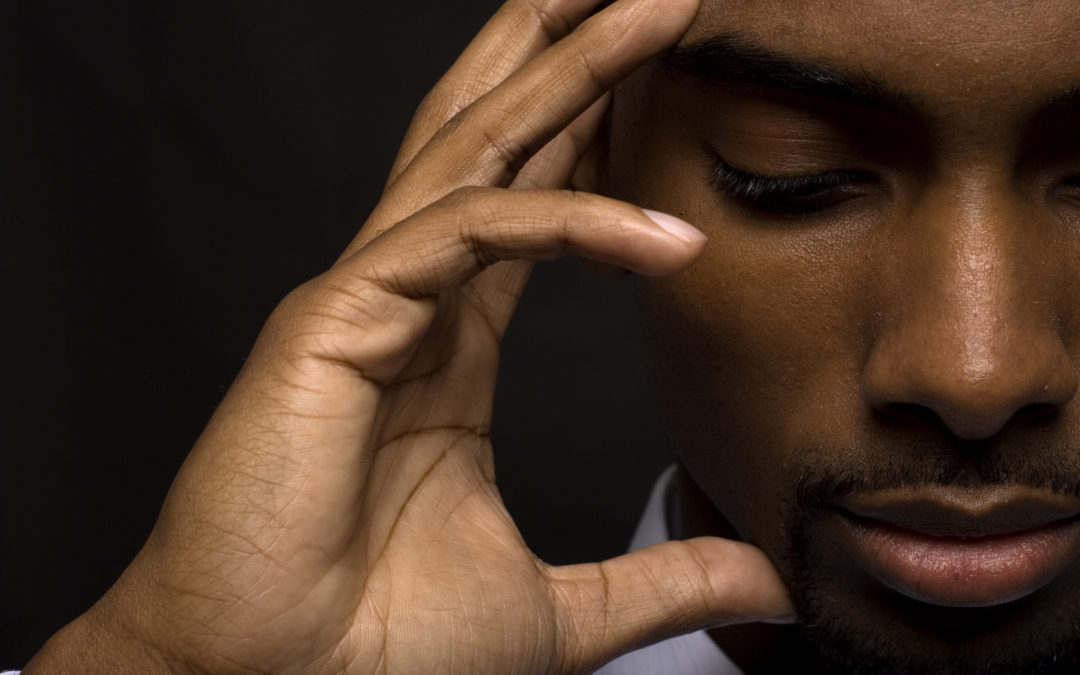Too much thinking or overthinking can become something that holds us back from living a life of fullness and wellbeing. Reflective thought is the great gift we possess as human beings. However, it can also become a source of great discontentment and worry. Much of what I share today is based on my own experiences and struggles as an ‘over-thinker’.
The human gift
The human mind allows us the unique ability to reflect, self-reflect and analyse in a way that no other creature on the planet can. But we can sometimes fall into the trap of believing that we are our thoughts. Our reflective powers are incredibly powerful, yet they are just that ― “reflective”. By this I mean that our thoughts are fundamentally reactionary, and therefore always “late”. Always one step behind.
If we are constantly in our thoughts, we are in someways always “catching up”. Never fully living in the moment, never really feeling fulfilled. The key here is not to criticise or try to get rid of thought, which is impossible. The key is rather to understand how to allow thought without becoming consumed by it. How do we then use this incredible gift that we have without being weighed down by it?
You are not your thoughts
Realising that we are NOT our thoughts is in many ways the starting point. It is certainly true that how we think of and relate to things has a huge impact on our relationship to them. This is however a far cry from the idea that your sense of being as a person can only exist through your thinking about it. Or, that the world can only makes sense because we have evaluated it.
Intellectual appreciation of this point is the beginning. The rest requires us to become aware of how our thoughts are constantly chattering away and analysing.
Awareness of overthinking
Overthinking plays a major role in the worry and anxiety that many of us face in modern life. The mind is either looking backwards into the past, anxiously anticipating the future or critically analysing the present. It is almost as if the mind seems unable to be still and simply take in what is.
“The ability to observe without evaluating is the highest
form of intelligence.” ― Jiddu Krishnamurti
Mindfulness exercises like observing your breathing and/or the sensations in your body are great tools for calming the mind and building greater awareness of yourself. Ultimately, the idea is to be able to take this beyond formal exercises and incorporate awareness into everyday living. Mindfulness is really a way of life.
Immersion
This way of being is about allowing ourselves to fully immerse in what-is, NOW. To more directly notice without evaluation the colours, sounds, smells and shapes that make up our world. A way of being that allows us to more directly intuit our being part of a greater whole. A whole that includes a connection to each other as humans and to the entire realm of nature.
This way of being also requires us to let go of our constant desire to control everything in our environment. This does not imply passivity ― far from it. It is more of an active engagement in reality, like a surfer on a wave. We are both at the same time the masters of our destinies as we are the servants of fate!
Beyond right and wrong
What underpins this way of being is a non-evaluative immersion in what is unfolding. The mind is not criticising or judging, but rather simply immersed in what is, beyond any right and wrong, good or bad.
It is useful to note that being immersed in something is not the same as being consumed by it (anger for example). In some ways immersion is the opposite of being consumed by something. If we are consumed by anger, we are in a way “stuck” in it. If we are immersed in anger on the other hand, we are more likely to experience it without judgement, acknowledge it as a natural part of life, move on and come out of it more quickly.
Focusing the mind
Interestingly, the ‘remedy’ to overthinking also seems to lie within thought itself. What we are doing however is NOT to think our way out of overthinking. It is rather about occupying this highly active part of our minds with something else ― immersion in what is, without critical evaluation. It can even be described as a way of stopping our critical evaluative minds from interfering, by focusing it on something else.
At a micro level that focus could be on whatever it is that your are doing, a tennis player immersed in the game for example. At the macro level, our minds can focus on the meaning that is inherent in all of life and recognise the illusion of control that we think we have. It is fair to say that maintaining such focus can be very tricky.
Overthinking can creep up on us at any moment. By becoming more aware however, what we are doing is giving ourselves the chance to focus better and more fully immerse ourselves in everything we do without critical evaluation.
We can overthink, overthinking
It is very important to recognise that awareness too can lead us down the same path of overthinking if we are not careful. Since we can become aware that we are aware, we can easily get caught-up in an evaluation of how aware we are!
“This is the price that you pay for knowing that you know,
for being able to think about thinking” ― Alan Watts
So, you cannot force your way out of overthinking. Because that is only going to compound the problem. We can end up overthinking about overthinking, in the same way that we get anxious about anxiety! All that can be done, is in a sense to see and acknowledge your thoughts and to relax into them. To notice how they arise and pass like ripples on the water.
Letting go of overthinking
The modern mind is one caught-up in its own thoughts for much of the time. Awareness of our overthinking patterns is in someways both the beginning and the end. Once we begin to recognise and notice the frisky nature of thought and how it arises, this self-knowledge itself becomes the path to freedom. It is more of a letting go, rather than a forcing out.
With thanks to my friend, Phil Best, for his input into this article.
_____________________________________________________________________________________________




A complex subject well handled Harsha. That’s the downside of living in the information age (although there are a multitude of benefits). Because there’s such a constant barrage of stimuli, we can easily slip into overdrive, and done often enough it can become a habit that is hard to break.
Thanks Pamina. Very true about the information age. I felt I was overthinking by the time I finished writing this : ) Hope all is well with you.
This is the big one! And you look at it with such clarity. It’s so true. Without focus and direction, our extraordinary capacity for complex and elaborate thinking can generate a dense and tangled mass and bring us confusion and suffering. With mastery, our mind becomes our greatest tool! (Thanks for the acknowledgement btw.)
Very well written – illusion of control is an important point and you have captured this fundamental illusions neatly. I liked your example of surfer. Key point. Without this critical and somewhat fluid equation between our destiny and our actions, our perception of our own existence can become dull, boring and pursposeless.
Yow man this was all i ever wanted u just explained what is happening inside me ……i thought it was an gift being an over thinker but u made me understand how bad it could take me……..i really need to talk to you about this i have never seen anyone who is this clear in this subject…….please dont foget that i need to talk to u about this and im seriously need of help………
And here is my mail id sriraamprst@gmail.com
Please do contact me bcoz im badly need of help…